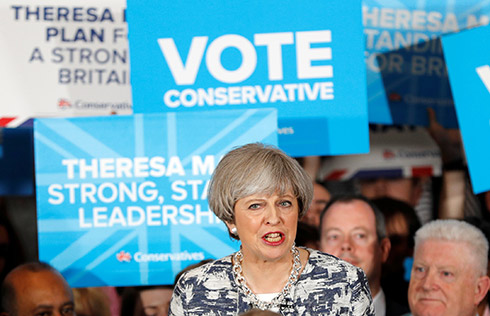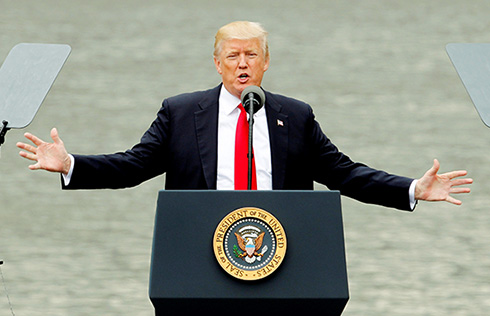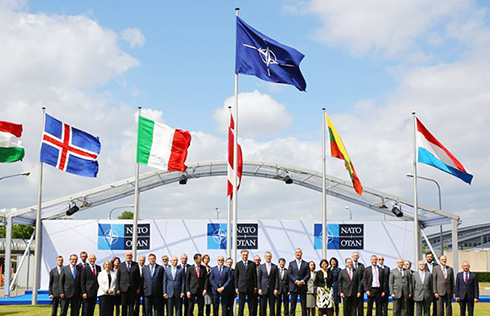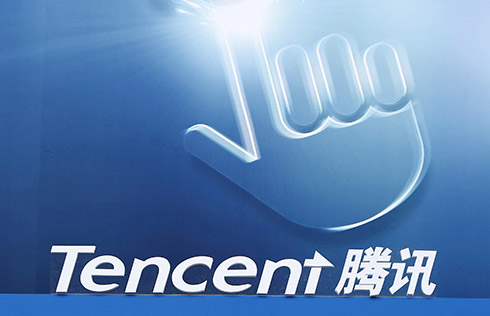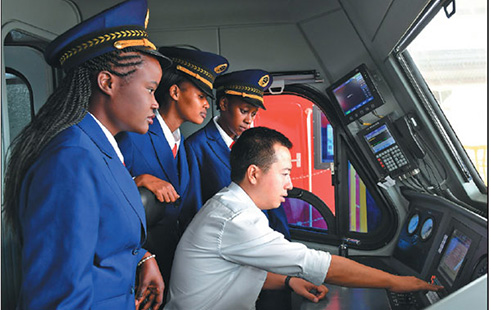Alibaba pushed to block phonies
Despite e-commerce giant Alibaba's promise to crackdown on counterfeits, trade groups are still saying the company isn't doing enough to monitor and pull fake goods from its e-commerce platforms.
In a letter dated Aug 23, a group of 10 apparel and accessories trade groups said that the Hangzhou-based Alibaba has yet to make good on its word and rid their various websites of the phony brand-name goods.
"Trust cannot be hostage to delay and this trust is tested when, for example, over a year ago Alibaba committed to optimize its algorithm to detect 'blurred images' where the offer is for a product with the logo hidden. Using such images is now a breach of your terms, but no software is in place to proactively spot this," said the group, which includes the Union des Fabricants, the Asian Coalition Against Counterfeiting and Piracy and the Federation of the Swiss Watch Industry.
In a statement e-mailed to China Daily, Alibaba Group said that it welcomed the letter.
"We appreciate its constructive tone and look forward to working closely with the brands represented by the trade groups, many of whom have already built successful online businesses on Alibaba platforms," it said.
The American Apparel & Footwear Association, though not a signatory on the August letter, told China Daily that it too has communicated with Alibaba several times to address the issue of not having clearer take-down procedures and that the site is still flooded with counterfeits.
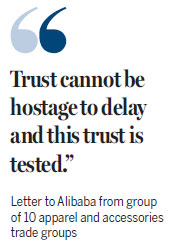
"We file a number of comments every year with the US Trade Representative outlining our concerns about the website itself - on any given day, any given moment you look at it, thousands and thousands of counterfeits of our members' brands," said Stephen Lamar, executive vice-president of the AAFA. "That's abating, that's continuing and in many cases it's continuing."
The US Trade Representative (USTR) office, which is responsible for recommending US trade policy and conduct trade negotiations, has requested public comment on whether or not to add Alibaba to its annual "notorious markets" list.
The list, published at the end of the year, highlights markets and platforms that, they say, engage in copyright piracy and trademark infringement.
Alibaba missed being put on the list last year, but the USTR said it is "increasingly concerned" about the company's efforts to remove fake goods from its websites, saying that Alibaba's enforcement program is "too slow, difficult to use and lacks transparency".
"The ultimate end result is that the situation we're trying to fix is not improving. We look at the tools being offered to fix it and they're insufficient. The takedown procedures that Alibaba has articulated and have made available to companies are difficult to use," said Lamar, citing ignored requests for take-downs or take-down requests being rejected for invalid reasons.
"Even if you're successful in navigating through all of this, and getting a take-down executed, the products pop back up again," he added.
AAFA has asked Alibaba to make it easier for brands to get certified and to initiate take-downs, allow brands to approve sales and enact a transparent verification process.
The association represents about 1,000 brands. It does not track how many of them sell on their wares on Alibaba platforms.
Alibaba made headlines earlier this year with backlash over the company's counterfeit policing efforts. Founder Jack Ma told an investor conference that fake goods were hard to differentiate from the real ones because they are often made in the same factories.
Critics reacted immediately, saying that Ma was trying to pass the blame to sellers of fakes. Ma subsequently responded in an op-ed in the Wall Street Journal defending his remarks.
Earlier, Alibaba had been admitted as a member of the International AntiConterfeiting Coalition under a newly created category, and Ma was scheduled to speak at an IACC conference.
The coalition received such a swift backlash from many of the luxury brands it represents that it suspended the new category and cancelled Ma's appearance at the conference.







